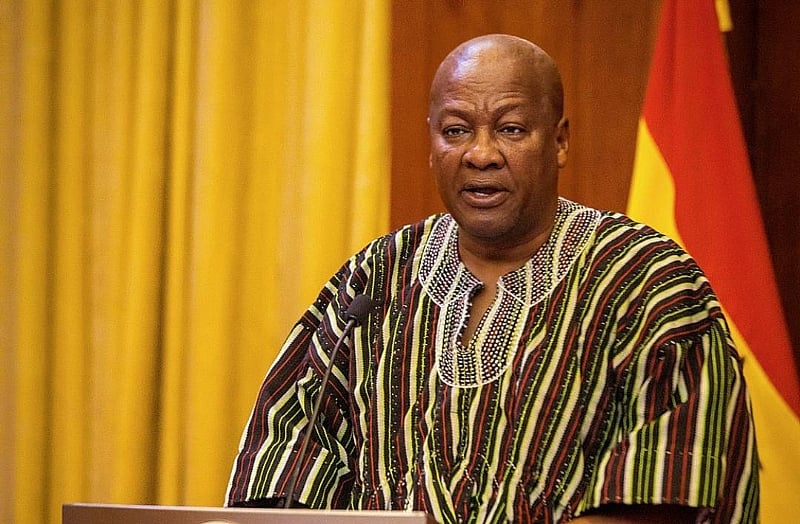The Bawku conflict, a persistent source of instability in Ghana’s Upper East Region, has once again flared up, prompting a renewed call for peace from President John Dramani Mahama. A recent clash between security forces and civilians resulted in casualties and property damage, underscoring the urgent need for a resolution. President Mahama, addressing the Ghana Military Academy’s Graduation Parade, expressed his concern over the recurring violence and emphasized that all stakeholders must work together to achieve lasting peace. He highlighted the detrimental impact of the conflict on the community, stressing that nobody benefits from the continued insecurity. Acknowledging the complexities of the situation, President Mahama announced the resumption of a mediation process led by the revered Asantehene, Otumfuo Osei Tutu II.
The Otumfuo-led mediation, a significant step towards peace, had previously brought together all stakeholders in Kumasi for discussions aimed at developing a roadmap towards resolving the conflict. This initiative represents a crucial attempt to bridge divides and facilitate dialogue among the warring factions. President Mahama expressed confidence in the Asantehene’s leadership and announced that the mediation process is set to resume upon the Asantehene’s return from a trip abroad. The resumption of this process signals a renewed commitment to finding a peaceful resolution to the longstanding conflict, offering a glimmer of hope for the beleaguered region.
The Bawku conflict, rooted in complex chieftaincy disputes and ethnic tensions, has plagued the region for decades. Successive governments have attempted to quell the violence, but lasting peace has remained elusive. The recent clash, occurring in a marketplace, highlights the vulnerability of civilians and the unpredictable nature of the conflict. The marketplace, a central hub of community life, becomes a tragic battleground, further traumatizing the local population and disrupting their livelihoods. The incident underscores the urgent need for effective conflict resolution mechanisms and the importance of community engagement in peacebuilding efforts.
President Mahama, acknowledging the sacrifices made by the security forces in maintaining order and protecting lives in Bawku, commended the military for their efforts. He recognized the risks they face in their duty to protect civilians and maintain stability in the conflict zone. Their presence is crucial for preventing further escalation and creating a secure environment conducive to dialogue and reconciliation. However, military intervention alone cannot resolve the deep-seated issues that fuel the conflict. A comprehensive approach involving dialogue, community engagement, and addressing the underlying causes of the conflict is essential for achieving sustainable peace.
The President’s call for cooperation from all parties involved is a critical element of the peace process. He urged all sides to embrace dialogue and work towards a resolution. Recognizing that sustainable peace requires the active participation and commitment of all stakeholders, he emphasized the need for a collective effort to address the root causes of the conflict. This includes engaging with community leaders, traditional authorities, youth groups, and representatives from all sides of the conflict. Building trust and fostering mutual understanding are essential for achieving lasting peace. A successful resolution requires a willingness to compromise, address grievances, and find common ground for coexistence.
The path to peace in Bawku is undoubtedly challenging. Decades of conflict have created deep divisions and mistrust. However, the resumption of the Otumfuo-led mediation process, coupled with President Mahama’s call for unity and cooperation, offers a renewed opportunity to break the cycle of violence. The success of this process will depend on the commitment of all stakeholders to engage constructively and embrace dialogue as the means to achieve lasting peace. The international community can also play a supportive role by providing technical assistance, promoting conflict resolution initiatives, and facilitating dialogue among the parties. Ultimately, peace in Bawku requires a collective effort, a shared vision, and a commitment to building a future free from violence and conflict.














